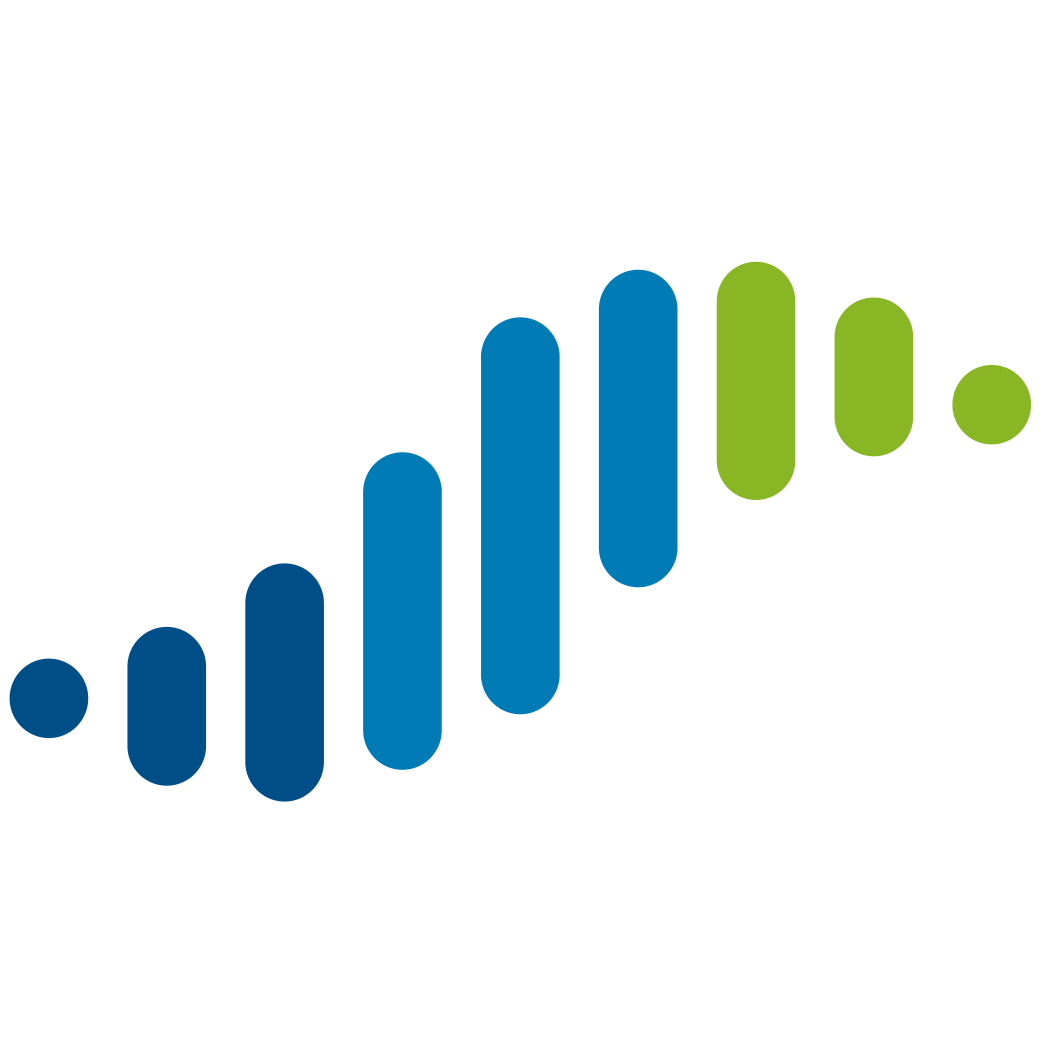Activity
-
Niko created the project idea
 Service Orchestrator for Older Adults 1 year, 9 months ago
Service Orchestrator for Older Adults 1 year, 9 months ago -
Niko created the project idea
 Service Orchestrator for Older Adults 1 year, 9 months ago
Service Orchestrator for Older Adults 1 year, 9 months ago -
Mikkel and
 Melanie are now friends 1 year, 9 months ago
Melanie are now friends 1 year, 9 months ago -
Niko joined the project idea
 Development and implementation of the program,, ANTI AGING,, based on the innovations of BATESA-FALL 1 year, 9 months ago
Development and implementation of the program,, ANTI AGING,, based on the innovations of BATESA-FALL 1 year, 9 months ago -
Maciej and
 Kristīne are now friends 1 year, 10 months ago
Kristīne are now friends 1 year, 10 months ago -
Niko changed the name of the project idea
 Wellness Clinic 65+ (partner acquisition completed / consortium full) from "Wellness Clinic 65+ (a validated project idea by the programme)" to "Wellness Clinic 65+ (partner acquisition completed / consortium full)" 1 year, 10 months ago
Wellness Clinic 65+ (partner acquisition completed / consortium full) from "Wellness Clinic 65+ (a validated project idea by the programme)" to "Wellness Clinic 65+ (partner acquisition completed / consortium full)" 1 year, 10 months ago -
Maciej and
 Aleksandra (Ola) are now friends 1 year, 10 months ago
Aleksandra (Ola) are now friends 1 year, 10 months ago -
Maciej and
Joanna are now friends 1 year, 10 months ago
-
Maciej and
Katarzyna are now friends 1 year, 10 months ago
-
Maciej and
Marek are now friends 1 year, 10 months ago
-
Maciej and
Ingrida are now friends 1 year, 10 months ago
-
Mikkel and
Thomas are now friends 1 year, 10 months ago
-
Niko joined the project idea
 Youth Culture Clusters in BSR (YCC-BSR) 1 year, 11 months ago
Youth Culture Clusters in BSR (YCC-BSR) 1 year, 11 months ago -
Niko joined the project idea
 URBAN SANDBOX: Social and Economic Resilience through Experimentation and Young Citizen Engament 1 year, 11 months ago
URBAN SANDBOX: Social and Economic Resilience through Experimentation and Young Citizen Engament 1 year, 11 months ago -
Lena's profile was updated 1 year, 11 months ago
-
Martin and
 Agne are now friends 1 year, 11 months ago
Agne are now friends 1 year, 11 months ago -
Niko changed the description of the project idea
 Wellness Clinic 65+ (partner acquisition completed / consortium full) from "The project aims to develop an integrated well-being and health & service counseling and guidance concept for older adults outside regular care (e.g. home care, 24-hour care, etc.).
Wellness Clinic 65+ (partner acquisition completed / consortium full) from "The project aims to develop an integrated well-being and health & service counseling and guidance concept for older adults outside regular care (e.g. home care, 24-hour care, etc.). Through a human-centric data-driven approach, preventive support is targeted for groups at high risk of developing NCDs, and more intensive support is for groups already suffering from non-communicable diseases (NCDs).
Through the new need-driven data sources, latent risk factors can be identified in different areas of well-being and health (social, physical, mental, and cognitive). For lower-risk groups, the clinic provides integrated modern digital health & well-being counseling and coaching, as well as service counseling and guidance.
The wellness clinic concept defines and co-designs a low-threshold digital service channel, open to all citizens to enhance preventive guidance and coordination of preventive networks such as welfare district units, municipalities, NGOs, and SMEs.
The wellness clinic has transparent interfaces with public sector units and a network of preventive actors. It directs based on personalized health and well-being data provided by older adults.
For more information/project idea paper:
Niko Lankinen, Chief Specialist, niko.lankinen@lab.fi
Let's connect on Linkedin: http://www.linkedin.com/in/nikolankinen" to "A LIMITED AMOUNT OF PROJECT COUNTRIES WILL BE SELECTED AT THE LATEST ON JANUARY 13th 2023. IF INTERESTED, EMAIL niko.lankinen@lab.fiThe project aims to develop an integrated well-being and health & service counseling and guidance concept for older adults outside regular care (e.g. home care, 24-hour care, etc.).
Through a human-centric data-driven approach, preventive support is targeted for groups at high risk of developing NCDs, and more intensive support is for groups already suffering from non-communicable diseases (NCDs).
Through the new need-driven data sources, latent risk factors can be identified in different areas of well-being and health (social, physical, mental, and cognitive). For lower-risk groups, the clinic provides integrated modern digital health & well-being counseling and coaching, as well as service counseling and guidance.
The wellness clinic concept defines and co-designs a low-threshold digital service channel, open to all citizens to enhance preventive guidance and coordination of preventive networks such as welfare district units, municipalities, NGOs, and SMEs.
The wellness clinic has transparent interfaces with public sector units and a network of preventive actors. It directs based on personalized health and well-being data provided by older adults.
For more information/project idea paper:
Niko Lankinen, Chief Specialist, niko.lankinen@lab.fi
Let's connect on Linkedin: http://www.linkedin.com/in/nikolankinen" 1 year, 11 months ago -
Niko changed the description of the project idea
 Studenta Centera (application submitted) from "The headline of the project: Creating conditions for student-centered learning by co-designing a comprehensive well-being self-assessment method for 13-16-year old students in secondary schools
Studenta Centera (application submitted) from "The headline of the project: Creating conditions for student-centered learning by co-designing a comprehensive well-being self-assessment method for 13-16-year old students in secondary schoolsTarget group: 13-16-year-old secondary school students, professionals responsible for timely collaboration in everyday environments, and decision-makers.
Target organizations: municipalities / secondary schools / NCPs
Student-centered learning is supported is when all students, regardless of any challenges they may have, are placed in age-appropriate general education classes to receive high-quality instruction, need-based interventions, and supports that enable them to meet success in the core curriculum.
Successful student-centered learning happens primarily through accepting, understanding, and attending to student differences and diversity, which can include physical, cognitive, social, and emotional. In order to promote inclusion and target timely interventions, it is mandatory to provide student-centered data for monitoring and assessing the dimensions of well-being mentioned above.
Project objectives:
1. A structured way to produce need-driven self-assessment data for promoting well-being and student-centered learning abilities of the youth in secondary schools, including validated self-assessment indicators in different areas of well-being and other data.
2. Documented best practices regarding 1) processing and refining data, sharing and presenting the information at different organizational levels (e.g. school classes, schools etc.), 2) student-centered timely support practices 3) proactive decision-making models.
3. Transnational practices to support a timely collaboration and student-centered learning, which is carried out primarily through accepting, understanding, and attending to student differences and diversity in physical, cognitive, social, and emotional dimensions of students’ well-being.
For more information:
Niko Lankinen, Chief Specialist, niko.lankinen@lab.fi
Let's connect on Linkedin: http://www.linkedin.com/in/nikolankinen" to "A LIMITED AMOUNT OF PROJECT COUNTRIES WILL BE SELECTED AT THE LATEST ON DECEMBER 23rd. IF INTERESTED, EMAIL niko.lankinen@lab.fiThe headline of the project: Creating conditions for student-centered learning by co-designing a comprehensive well-being self-assessment method for 13-16-year old students in secondary schools
Target group: 13-16-year-old secondary school students, professionals responsible for timely collaboration in everyday environments, and decision-makers.
Target organizations: municipalities / secondary schools / NCPs
Student-centered learning is supported is when all students, regardless of any challenges they may have, are placed in age-appropriate general education classes to receive high-quality instruction, need-based interventions, and supports that enable them to meet success in the core curriculum.
Successful student-centered learning happens primarily through accepting, understanding, and attending to student differences and diversity, which can include physical, cognitive, social, and emotional. In order to promote inclusion and target timely interventions, it is mandatory to provide student-centered data for monitoring and assessing the dimensions of well-being mentioned above.
Project objectives:
1. A structured way to produce need-driven self-assessment data for promoting well-being and student-centered learning abilities of the youth in secondary schools, including validated self-assessment indicators in different areas of well-being and other data.
2. Documented best practices regarding 1) processing and refining data, sharing and presenting the information at different organizational levels (e.g. school classes, schools etc.), 2) student-centered timely support practices 3) proactive decision-making models.
3. Transnational practices to support a timely collaboration and student-centered learning, which is carried out primarily through accepting, understanding, and attending to student differences and diversity in physical, cognitive, social, and emotional dimensions of students’ well-being.
For more information:
Niko Lankinen, Chief Specialist, niko.lankinen@lab.fi
Let's connect on Linkedin: http://www.linkedin.com/in/nikolankinen" 1 year, 11 months ago -
Niko joined the project idea
 Senior School for the Meaningful Old Age 1 year, 11 months ago
Senior School for the Meaningful Old Age 1 year, 11 months ago -
Niko joined the project idea
 Senior School for the Meaningful Old Age 1 year, 11 months ago
Senior School for the Meaningful Old Age 1 year, 11 months ago - Load More


